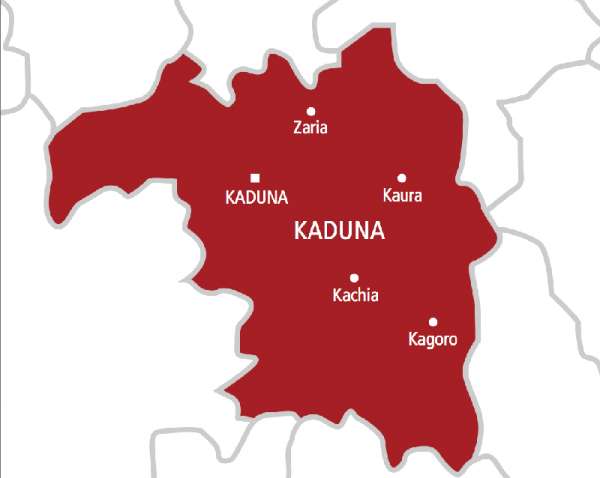By Ibrahim Mohammed
The Director-General of World Trade Organisation (WTO), Roberto Azevêdo, has said that the organisation needs to ensure that the WTO Trade Policy Review Mechanism (TPRM), can respond to changes in the global economy.
Azevêdo, stated this on Wednesday in a speech to mark the 30th anniversary of TPRM, a critical tool for ensuring and promoting transparency, accountability and predictability in the multilateral trading system.
He noted that the TPRM is “a real success story for the WTO. We have accomplished a lot in the last 30 years, and I am sure we can do even more.”
The Director General pointed out that “if the TPRM did not exist, we would have to invent something like it. Yet as with any system created by humans, there is room for improvement.’’
Azevêdo, in the speech obtained by Newsdiaryonline from WTO’s website, also stated that “today, trade is far more multi-faceted than it was a generation ago.”
Besides, the “global value chains bring together flows of goods, services, investment and people. Nearly two-thirds of traded goods are made with components from at least two different countries. Advances in technology, such as e-commerce or artificial intelligence, are revolutionizing the way we trade. These pose new questions both for the broader trading system and for how the TPR mechanism should evolve,” he enunciated.
He then expressed hope that participants’ conversations would generate ideas that would help WTO members enable the TPRM to be as effective for the next 30 years as it has been in the past.
Azevêdo, emphasised that the decision of the contracting parties to the General Agreement on Tariffs and Trade (GATT) to establish the TPRM in April 1989 was in itself a “quite revolutionary” response to changing economic circumstances, as for the first time sovereign governments had agreed to submit their national trade policies and practices to a regular process of multilateral surveillance and peer-review.
The TPRM which at first was implemented on a provisional basis was confirmed as an integral part of the WTO in 1994, in Annex 3 of the Marrakesh Agreement. Following the establishment of the WTO in 1995, the scope of reviews was expanded beyond goods to cover services and trade-related aspects of intellectual property rights.
More than 500 reviews have been conducted under the Trade Policy Review Body over the past 30 years, covering 157 of the 164 WTO members. Australia, Morocco and the United States were the first three members subject to this peer-review and transparency process.
World Trade Organization deals with the global rules of trade between nations. Its main function is to ensure that trade flows as smoothly, predictably and freely as possible.
Newsdiaryonline recalls that Nigeria, a West Africa nation and biggest economy in Africa, has been a WTO member since January 1, 1995 and a member of GATT since November 18, 1960.
The country of over 200 million people according to the UN estimates in July 2019, signed the African Continental Free Trade Area (AfCFTA), which went into force earlier in May.
China is said to have played a role in the establishment of AfCFTA which comprises all the 54 countries on the continent. Experts say China-Africa trade amounted to about $150 billion in 2017.
According to Brookings Institution’s January figures, intra-African exports made up only 19% of total trade in 2018, compared to 59% and 69% for intra-Asia and intra-Europe trade respectively.
However, experts are of the view that AfCFTA could unite Africa’s 1.3 billion people, create a $3.4 trillion economic bloc and boost trade within the continent.



